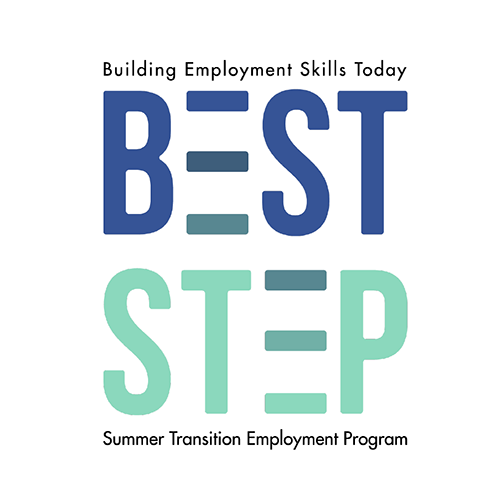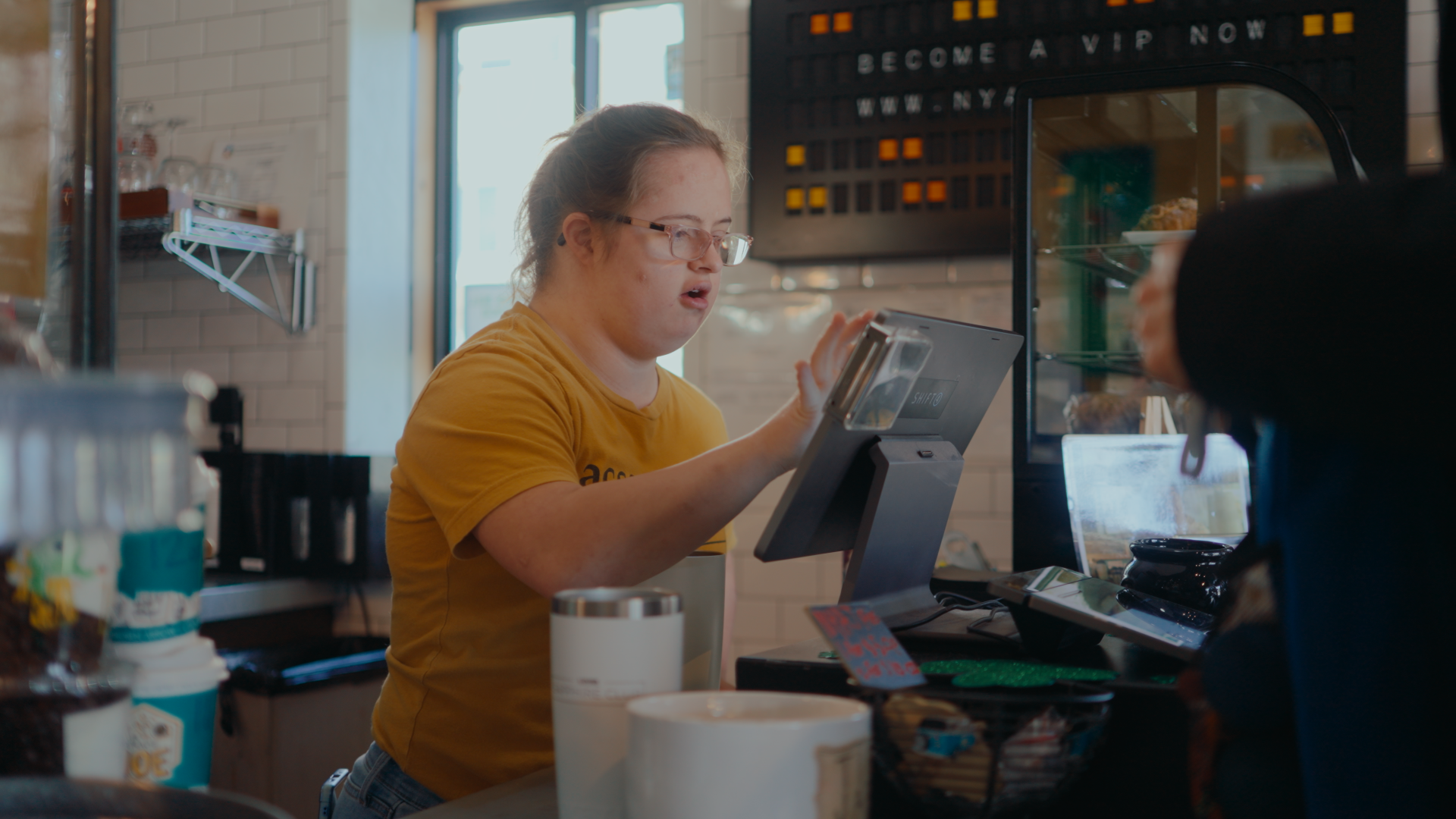Making My Voice Heard
What is Self-Advocacy and Self-Determination?
Speaking up for yourself and asking for what you need is called self-advocacy. It’s an important skill that helps you become more independent as you grow up.
Self-determination is about making your own choices, setting goals, and taking steps to reach your dreams. Check out the information and resources on this page to learn more and take control of your future!
Self-Advocacy is for Everyone
Watch this video to meet awesome kids and teens like you! They’ll share what self-advocacy means to them and how it helps them live their best lives and work toward their dreams!
4 Easy Steps to Speak Up for Yourself
Know Yourself
Think about what you’re good at and what you want to get better at.
Learn Your Rights
If you have a disability, you can get help at school or work. Know what help you can ask for.
Speak Up
Share your ideas, ask questions, and tell someone if something isn’t fair.
Get Support
Continuing to Learn
Keep Learning After High School
Your learning journey doesn’t have to stop after high school! You can go to college, a trade school, or a job training program. You could also join the military, do an internship, or learn through an apprenticeship. There are so many exciting choices!
The more school or training you complete, the better your chances are of getting a great job and earning more money. This is a big opportunity for everyone–including YOU!
School after high school is different. If you have a disability, you’ll need to know your rights and speak up for the help you need. Your family, teachers, and friends can support you as you learn to advocate for yourself.
To be ready, make a plan! Think about what you love to do, what you’re good at, and what kind of support will help you succeed. Your future is bright! Start exploring your options today.
Explore Your Future From Anywhere
Hey everyone! Ready to see what’s next after high school? Virtual campus tours let you check out all sorts of schools—from universities to community colleges and career tech centers—without even leaving your couch.
Curious about options in Oklahoma? Head to OK College Start Virtual Tours and start exploring. It’s a quick, easy way to see what your future could look like!
Scholarship Opportunity
The Oklahoma Foundation for the Education of Blind Children and Youth, Inc. is pleased to announce that applications are now open for the Callie Jordan Memorial Scholarship and the VR Carter Memorial Scholarship.
Each scholarship awards $1,000 to a student selected by the Foundation’s scholarship committee.
These scholarships are available to:
· Graduating high school seniors who are visually impaired, and
· Outstanding visually impaired undergraduate college students
Both scholarships honor students who demonstrate extraordinary leadership, academic excellence, initiative, and service to others.
Application Deadline: End of day April 1, 2026
Notification of Award: By the end of May 2026
Getting a Job
Get Help Preparing for Your Future Job
If you have a disability the Department of Rehabilitation Services (DRS) Transition program can help you get ready for a job after high school! They have special programs to teach you job skills and prepare you for work. You might even be able to earn a paycheck!
Specially trained vocational counselors can help you find the right path. Whether you need Vocational Rehabilitation (VR) or Services for the Blind and Visually Impaired (SBVI), they’ll make sure you have the support you need.
DRS Transition - Dream Big
Watch this video, visit the DRS Transition website, and ask a support person to help you apply for services!

BEST Step Program
Are you at least 16 years old with a documented disability, a client of DRS, or potentially eligible for services due to your disability, and are graduating from or returning to school in 2026?
Are you interested in gaining work skills this summer while learning from instructors and working in your community?
DRS, in partnership with Pre-Employment Transition Services (Pre-ETS), and multiple Workforce Boards across the state, invites its Transition clients participate in the BEST
STEP summer program. We will try to match your job with your career area of interest (e.g. working in an office, food service, retail, manufacturing, construction, law, enforcement, aviation, medical, oil/gas, animals).
You'll have an opportunity to work part-time up to 25 hours per week for a business in your community in an area of your interest and earn a paycheck*
*STEP interns must meet federal I-9 employment eligibility verification
requirements to participate. STEP internships may extend into first week of August.
Not Your Average Joe offers paid internships for students with disabilities who want to build real job skills in a supportive, inclusive coffee shop environment. Interns gain hands-on experience, grow confidence, and become part of a welcoming team that values community, kindness, and great coffee.
Opportunities are available for students ages 16–21 who are currently in school and have an IEP, 504 Plan, or documented disability. Positions are open for Spring and Summer 2026, with locations across the Oklahoma City metro area. Shorter, camp-style options are also available for students who want to try it out before committing to a full internship.
Interested in learning more? Contact Siarra Arthaud at siarra.arthaud@nyaj.coffee to get started.
.

Living My Best Life
Getting Ready to Live Your Best Life
Growing up and becoming an adult means learning how to do things on your own so you can live your best life. One day, you might have your own place, a job you love, and time to hang out with friends in your community. Maybe you even want to give back and help others. Everyone’s future looks different, and that’s okay!
Being independent means learning important skills like cooking, handling money, keeping things clean, getting from place to place, taking care of your health, and making friends. These things take time to learn, but you don’t have to do it alone.
Your family and teachers can support you in making a plan, learning new skills, and exploring your options for where and how you want to live. They’ll help you practice important skills in real places–like at work, home, school, and stores–so you’re ready for the future.
Becoming an adult is exciting, but it can also bring questions and challenges. If you ever feel stuck, don’t worry– there are people and resources to help you along the way.
Explore the resources on this page and start planning for your future today!
Tips for Independent Living and Community Engagement
Watch this video from Transition Discoveries to learn three quick tips to help you become more independent!
(Copyright © 2020 The George Washington University and Pennsylvania Developmental Disabilities Council)
Resources
